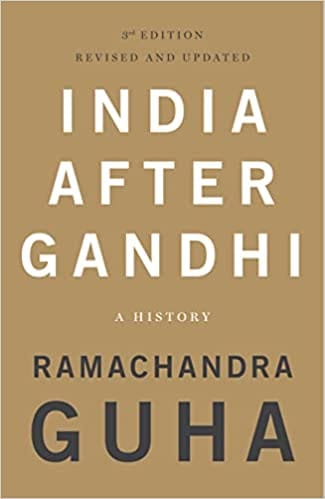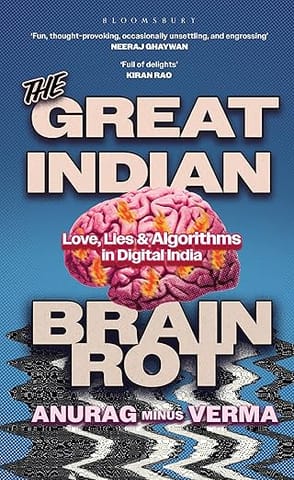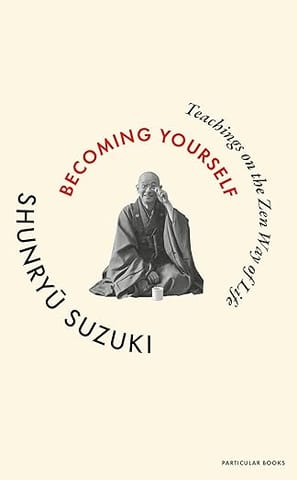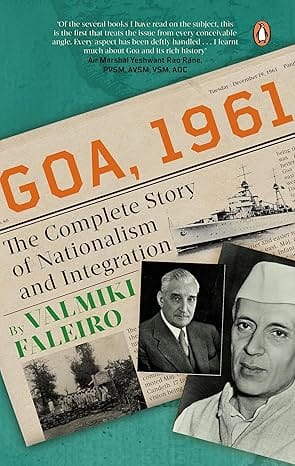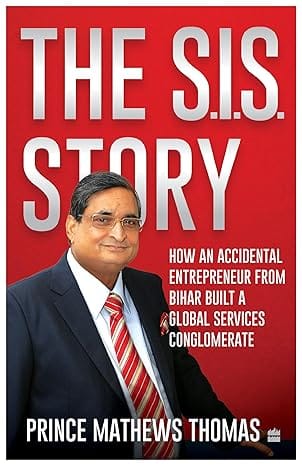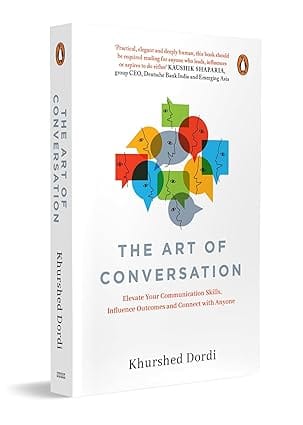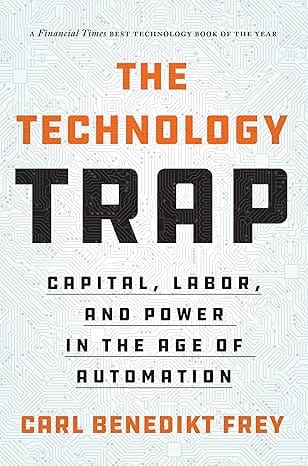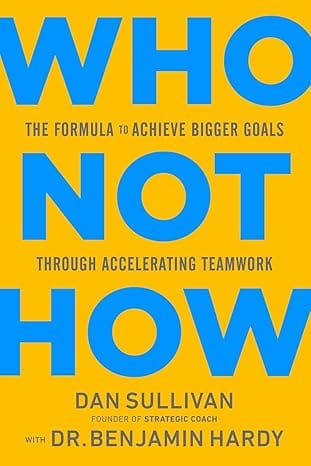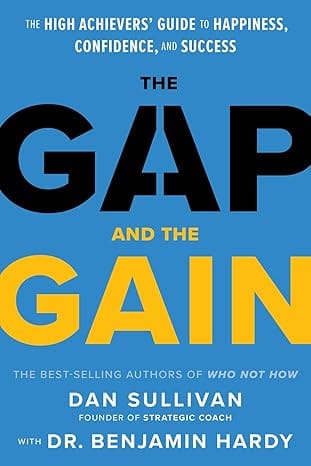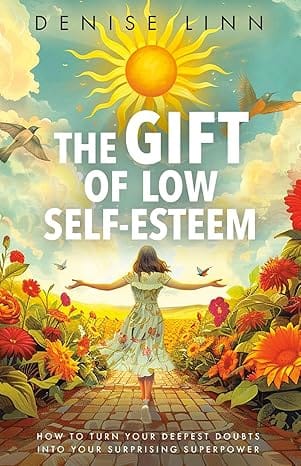- Non-ficton
- Non-ficton
- Contemporary Fiction
- Contemporary Fiction
- Children
- Children
- Comics & Graphic Novels
- Comics & Graphic Novels
- Non-Fiction
- Non-Fiction
- Fiction
- Fiction
‘Finally, here is a history of democratic India that is every bit as sweeping as the country itself . . . [A] magisterial work’ Financial Times
‘Guha has given democratic India the rich, well-paced history it deserves’ Washington Post
‘An insightful, spirited and elegantly crafted account of India since 1947’ Times Literary Supplement
‘A magnificently told history of the world’s largest democracy’ India Today
Ramachandra Guha’s India After Gandhi is a magisterial account of the pains, struggles, humiliations and glories of the world’s largest and least likely democracy. A riveting chronicle of the often brutal conflicts that have rocked a giant nation, and of the extraordinary individuals and institutions who held it together, it established itself as a classic when it was first published in 2007.
In the years since the publication of the book’s tenth anniversary edition, India has witnessed, among other things, demonetization and a devastating pandemic; Narendra Modi’s re-election as Prime Minister; more violence against women, Dalits, and religious minorities; a wave of prosperity for some but the persistence of poverty for others; the abrogation of Kashmir’s autonomous status; large-scale citizens’ protests and unprecedented state crackdown on dissent. This third edition, revised and expanded, brings the narrative up to the present.
Published to coincide with the seventy-fifth anniversary of Gandhi’s assassination, this definitive history of modern India is the work of one of the world’s finest scholars at the height of his powers.
About the Author
Ramachandra Guha was born in Dehradun in 1958, and educated in Delhi and Calcutta. He has taught at the universities of Oslo, Stanford and Yale, and at the Indian Institute of Science. He has been a Fellow of the Wissenschaftskolleg zu Berlin, and also served as the Indo-American Community Chair Visiting Professor at the University of California at Berkeley.
After a peripatetic academic career, with five jobs in ten years in three continents, Guha settled down to become a full-time writer, based in Bengaluru. His books cover a wide range of themes: they include a global history of environmentalism, a biography of an anthropologist-activist, a social history of Indian cricket, and a social history of Himalayan peasants. His entire career, he says, seems in retrospect to have been an extended (and painful) preparation for the writing of India After Gandhi.
Guha’s books and essays have been translated into more than twenty languages. The prizes they have won include the UK Cricket Society’s Literary Award and the Leopold-Hidy Prize of the American Society of Environmental History. In 2008, Prospect and Foreign Policy magazines nominated Guha as one of the world’s one hundred most influential intellectuals. In 2009, he was awarded the Padma Bhushan for services to literature and education. In 2015, he was awarded the Fukuoka Prize for contributions to Asian culture and scholarship.
- Home
- Non-Fiction
- India After Gandhi 3rd Edition
India After Gandhi 3rd Edition
SIZE GUIDE
- ISBN: 9789395624596
- Author: Ramachandra Guha
- Publisher: Picador India
- Pages: 980
- Format: Paperback
Book Description
‘Finally, here is a history of democratic India that is every bit as sweeping as the country itself . . . [A] magisterial work’ Financial Times
‘Guha has given democratic India the rich, well-paced history it deserves’ Washington Post
‘An insightful, spirited and elegantly crafted account of India since 1947’ Times Literary Supplement
‘A magnificently told history of the world’s largest democracy’ India Today
Ramachandra Guha’s India After Gandhi is a magisterial account of the pains, struggles, humiliations and glories of the world’s largest and least likely democracy. A riveting chronicle of the often brutal conflicts that have rocked a giant nation, and of the extraordinary individuals and institutions who held it together, it established itself as a classic when it was first published in 2007.
In the years since the publication of the book’s tenth anniversary edition, India has witnessed, among other things, demonetization and a devastating pandemic; Narendra Modi’s re-election as Prime Minister; more violence against women, Dalits, and religious minorities; a wave of prosperity for some but the persistence of poverty for others; the abrogation of Kashmir’s autonomous status; large-scale citizens’ protests and unprecedented state crackdown on dissent. This third edition, revised and expanded, brings the narrative up to the present.
Published to coincide with the seventy-fifth anniversary of Gandhi’s assassination, this definitive history of modern India is the work of one of the world’s finest scholars at the height of his powers.
About the Author
Ramachandra Guha was born in Dehradun in 1958, and educated in Delhi and Calcutta. He has taught at the universities of Oslo, Stanford and Yale, and at the Indian Institute of Science. He has been a Fellow of the Wissenschaftskolleg zu Berlin, and also served as the Indo-American Community Chair Visiting Professor at the University of California at Berkeley.
After a peripatetic academic career, with five jobs in ten years in three continents, Guha settled down to become a full-time writer, based in Bengaluru. His books cover a wide range of themes: they include a global history of environmentalism, a biography of an anthropologist-activist, a social history of Indian cricket, and a social history of Himalayan peasants. His entire career, he says, seems in retrospect to have been an extended (and painful) preparation for the writing of India After Gandhi.
Guha’s books and essays have been translated into more than twenty languages. The prizes they have won include the UK Cricket Society’s Literary Award and the Leopold-Hidy Prize of the American Society of Environmental History. In 2008, Prospect and Foreign Policy magazines nominated Guha as one of the world’s one hundred most influential intellectuals. In 2009, he was awarded the Padma Bhushan for services to literature and education. In 2015, he was awarded the Fukuoka Prize for contributions to Asian culture and scholarship.
User reviews
NEWSLETTER
Subscribe to get Email Updates!
Thanks for subscribing.
Your response has been recorded.

India's Iconic & Independent Book Store offering a vast selection of books across a variety of genres Since 1978.
"We Believe In The Power of Books" Our mission is to make books accessible to everyone, and to cultivate a culture of reading and learning. We strive to provide a wide range of books, from classic literature, sci-fi and fantasy, to graphic novels, biographies and self-help books, so that everyone can find something to read.
Whether you’re looking for your next great read, a gift for someone special, or just browsing, Midland is here to make your book-buying experience easy and enjoyable.
We are shipping pan India and across the world.
For Bulk Order / Corporate Gifting
 +91 9818282497 |
+91 9818282497 |  [email protected]
[email protected]
Click To Know More
INFORMATION
QUICK LINKS
ADDRESS
Shop No.20, Aurobindo Palace Market, Near Church, New Delhi

